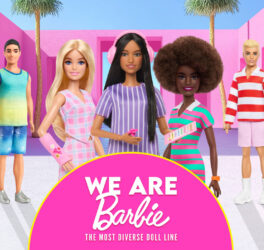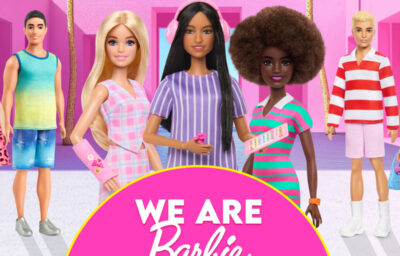
What happens when early intervention ends? It’s a question few policymakers ask, yet one that defines the reality of thousands of autistic people as they transition into adulthood. For many, the supports that dominated childhood abruptly vanish, replaced by a fragmented and underfunded system that often assumes autonomy magically arrives with age.
Chelsea Morrison, an occupational therapist and PhD candidate at Southern Cross University, is looking to challenge this assumption and she’s inviting autistic people to help.
“Autism is lifelong,” says Chelsea.
“But our systems are still focused almost entirely on childhood. That leaves a gap where autistic adolescents and adults are trying to navigate independence without the right support, and often without being heard.”
Chelsea’s latest research project explores how autistic people experience the development of daily living skills – things like cooking, managing money, using public transport, and organising routines – and how those experiences shape their lives beyond school. She wants to hear from autistic young people and adults who can share their personal journeys.
“We hear a lot about early intervention, but almost nothing about what happens next,” she says.
“Do the skills taught in childhood actually translate into adulthood? What helps someone build independence? What makes it harder? We need to ask these questions and centre autistic voices in the answers.”
The timing is critical. With the Australian Government’s proposed Thriving Kidsreforms seeking to reshape childhood supports for developmental disabilities, experts have raised concerns that adulthood is once again being overlooked. At the same time, NDIS eligibility changes and funding pressures have created further uncertainty for autistic adults.
Chelsea’s work builds on recent research she co-authored with Dr Kitty-Rose Foley and Professor Andrew Cashin, which found a lack of evidence about what best-practice adult support looks like. Their findings revealed limited consensus on effective tools or methods to teach daily living skills, and minimal data on whether early supports lead to meaningful outcomes in adult life.
Chelsea hopes her research will help inform more inclusive, evidence-based, and neurodiversity-affirming support models – not just for children, but across the lifespan.









